Today brought with it some wonderful news. The Chinese giant Xiaomi presented the world with a copy of the AirPower wireless charger, which even Apple could not develop. In any case, the Cupertino company does not have to hang its head. According to a new study by Stanford University, the Apple Watch can accurately detect the poor health of the user.
Xiaomi presented an alternative to AirPower
In 2017, at the September keynote, Apple introduced the AirPower wireless charger, which was supposed to charge the iPhone, Apple Watch and AirPods case at the same time. Unfortunately, the development did not go according to expectations, which resulted in the official cancellation of this even unreleased product. But what Apple failed to do, Chinese competitor Xiaomi has now managed. During his conference today, he presented a wireless charger that can handle powering up to three devices at the same time with a power of 20W, so it offers a total of 60W.
According to Xiaomi's official description, the charger is equipped with 19 charging coils, thanks to which it can charge the device regardless of where you place it on the pad. For comparison in the case of competing products from other manufacturers, it is crucial that, for example, the iPhone is placed exactly in a predetermined place. The Chinese giant offers its customers significantly more freedom in this direction. There will be no need to waste time on the correct placement of the product or possible control, whether charging is taking place at all.
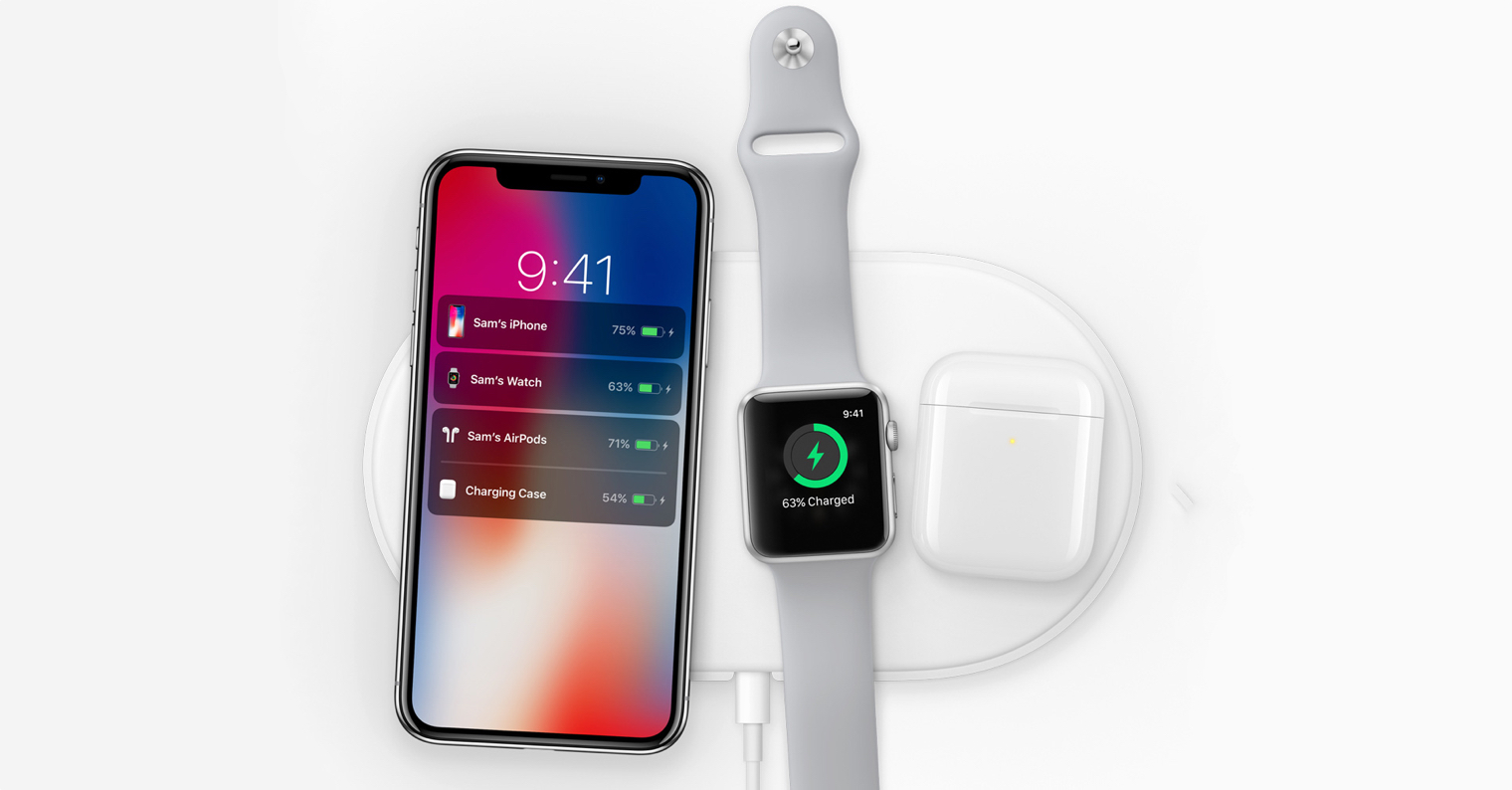
The pad can specifically deal with any device that supports power through the Qi standard – that is, it can also deal with newer iPhones or AirPods. The price of the charger should then be $90. Unfortunately, we cannot compare it with the Apple AirPower in any way, as Apple never mentioned any amount. What do you say about this product? Will you get it?
Apple Watch can accurately detect poor health, according to a new study
Apple watches have undergone great development in recent years, when they received a lot of useful functions. It is now more than clear that Apple is trying to focus primarily on the health of its users, as evidenced by the news from the Apple Watch. They can already measure heart rate or oxygen saturation in the blood, and they also offer an ECG to detect atrial fibrillation or can detect a fall. A new study from Stanford University now claims that the Apple Watch can reliably detect a user's poor health.
It could be interest you
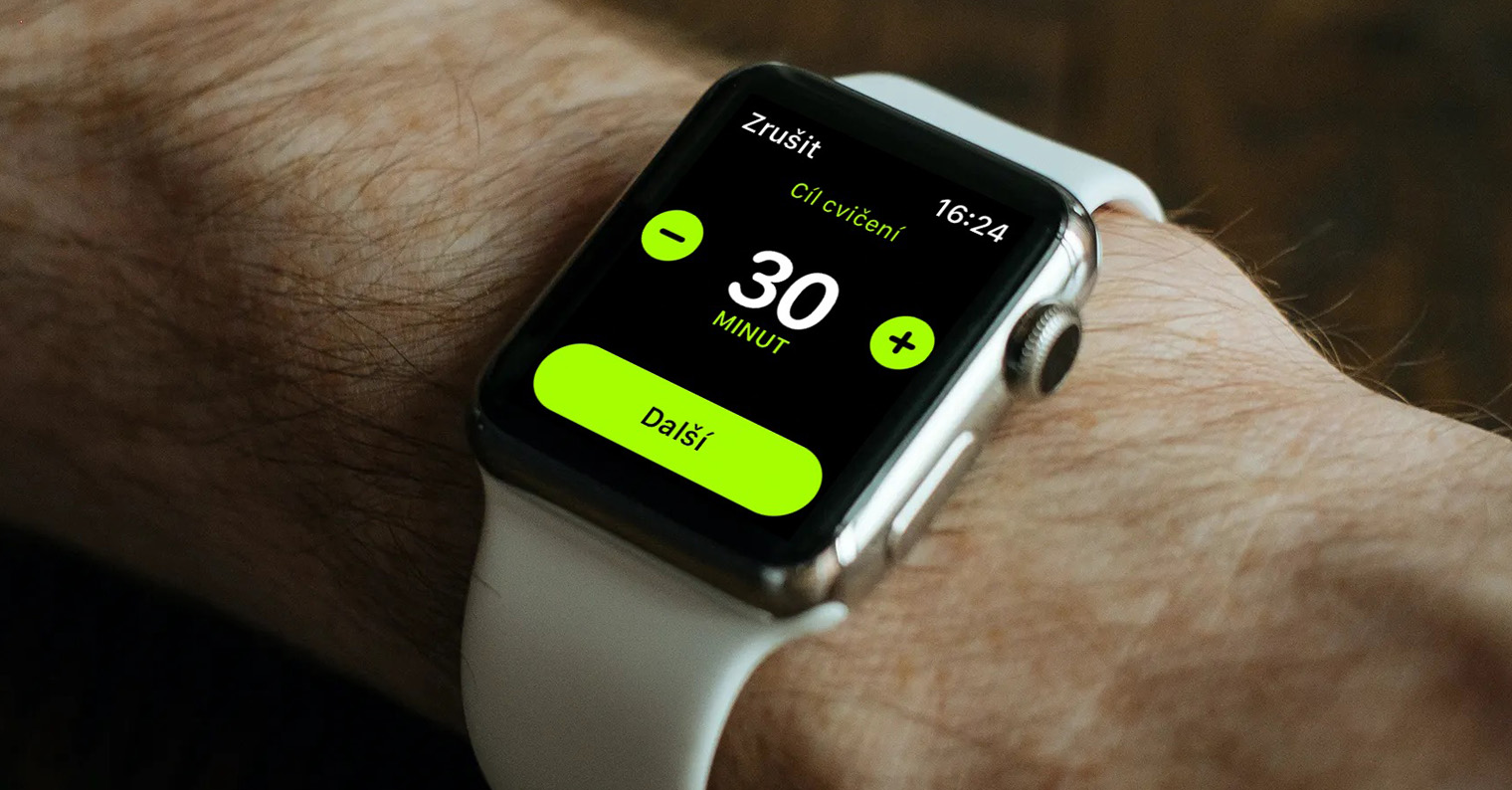
Specifically, 110 war veterans who were equipped with iPhone 7 and Apple Watch Series 3 participated in the study. The data itself was then collected using an application for these purposes called VascTrac and also passively through native Activity. The relatively common six-minute walk test (6MWT), which functions as the gold standard for determining the patient's own mobility, served as an indicator. This method is also widely used in the healthcare industry, and Apple introduced it to its watches in watchOS 7.
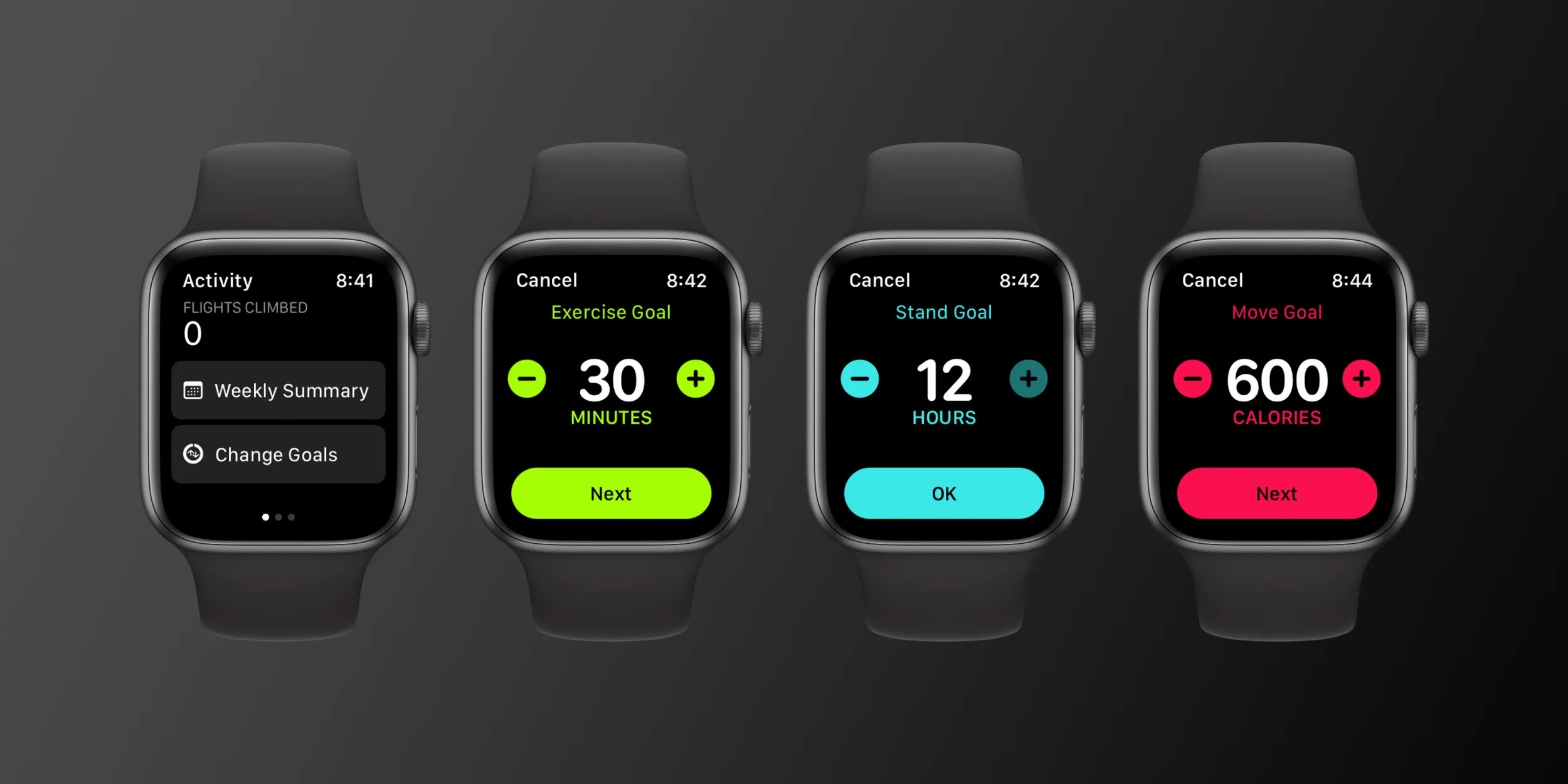
A higher score on this test represents healthier cardiac, respiratory, circulatory and neuromuscular function. The aim of the study was to compare the results of the 6MWT from home and clinical settings. It was subsequently revealed that the Apple Watch can accurately assess frailty in the aforementioned clinical setting with 90% sensitivity and 85% specificity. In uncontrolled conditions, the watch detected frailty with 83% sensitivity and 60% specificity.
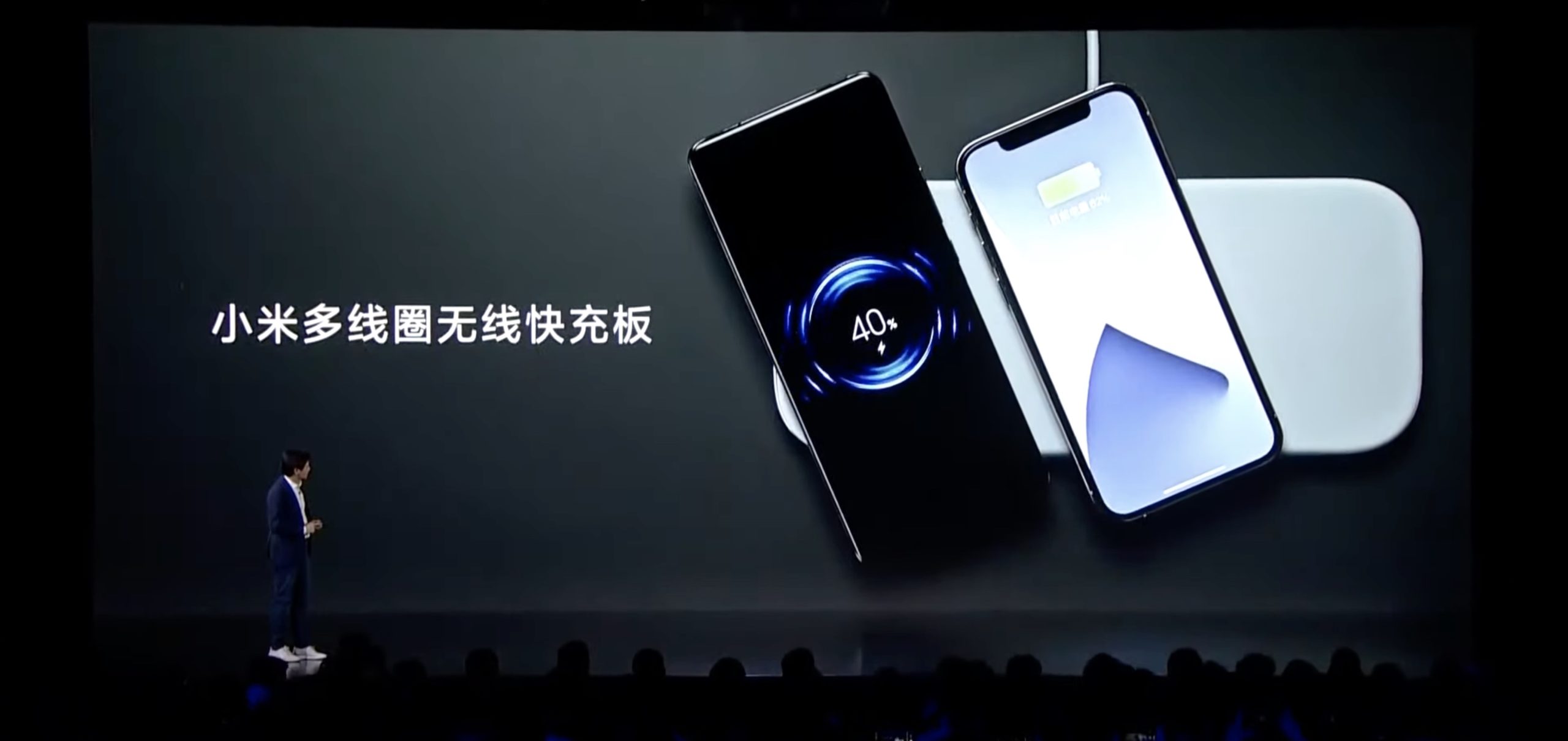
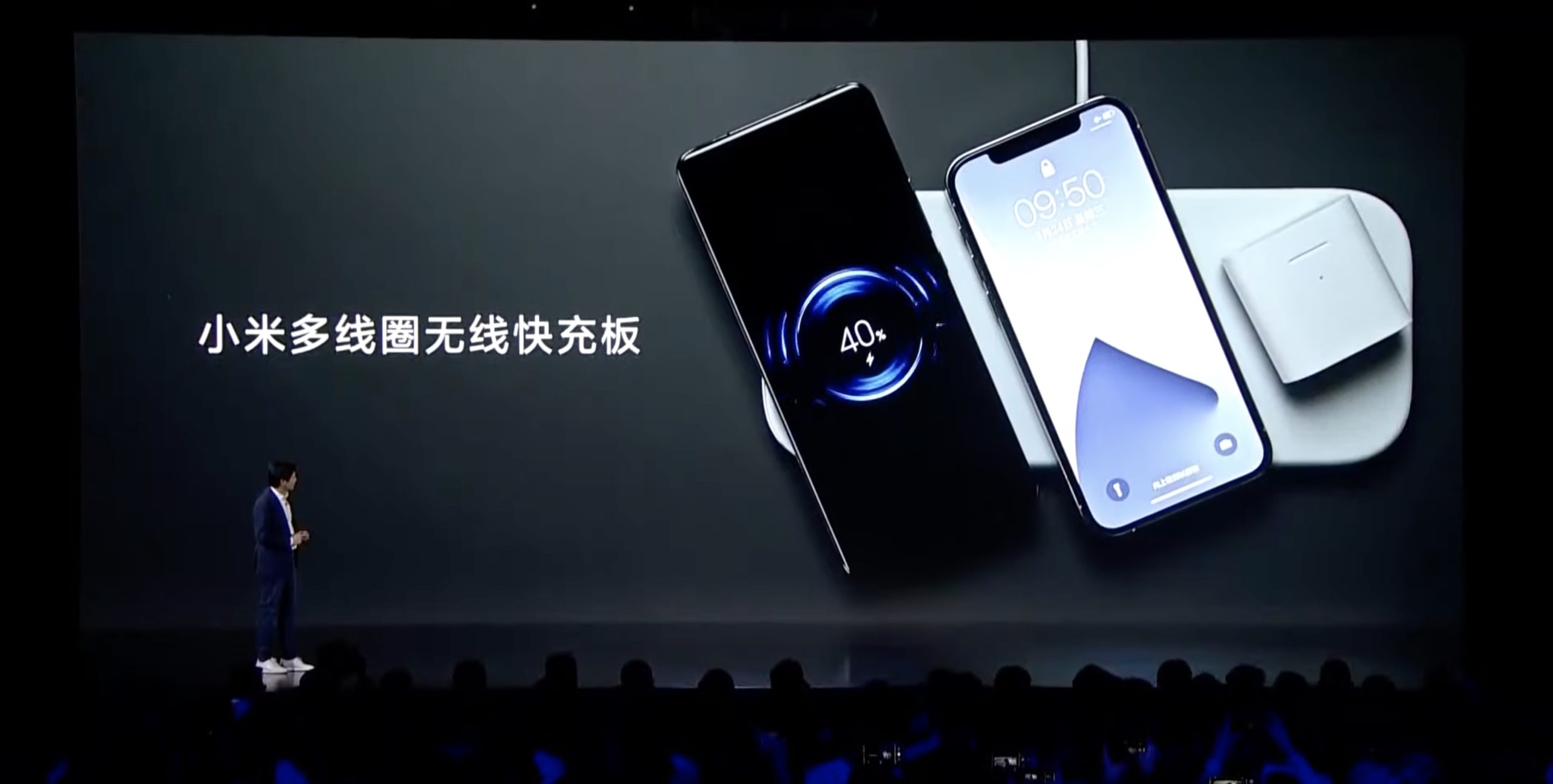
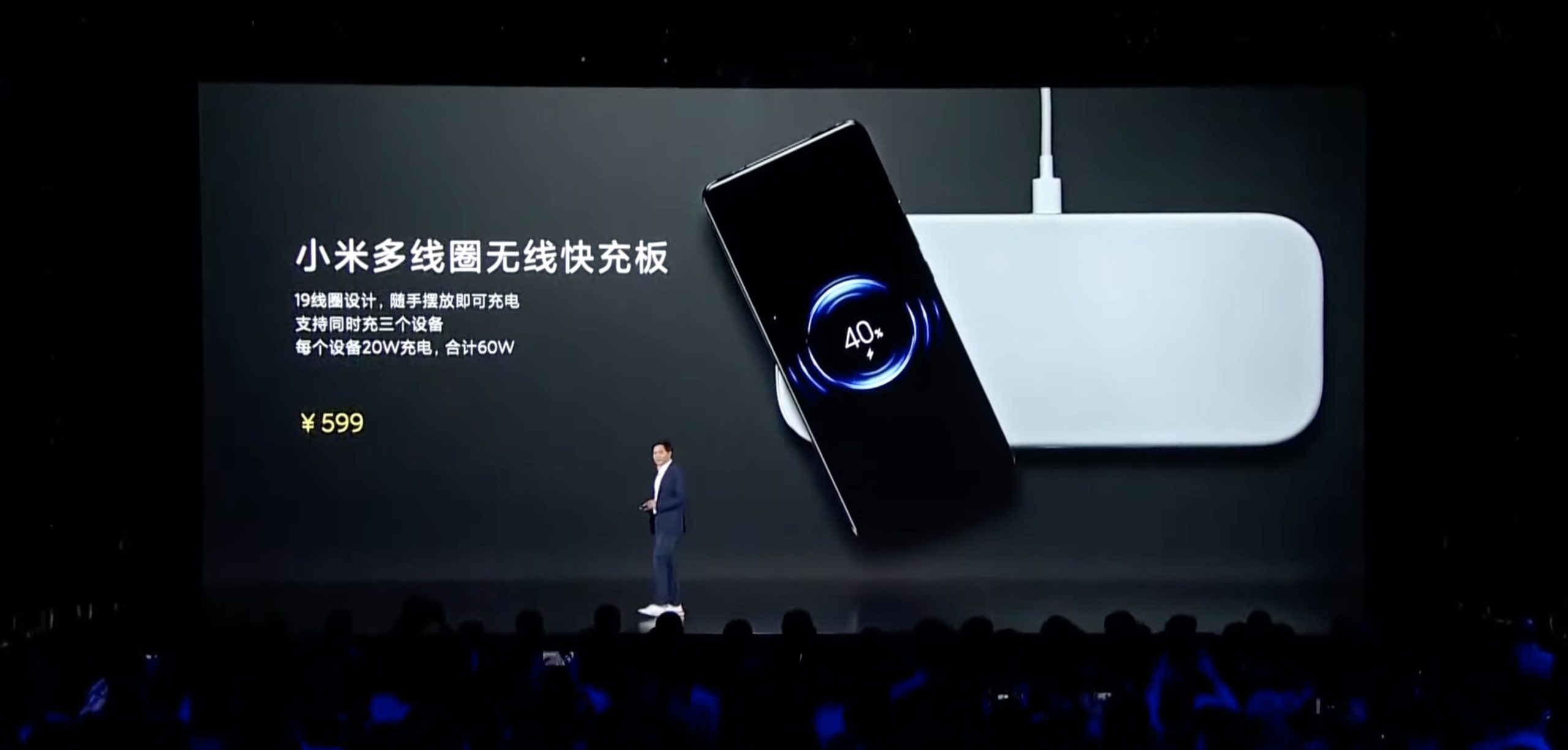
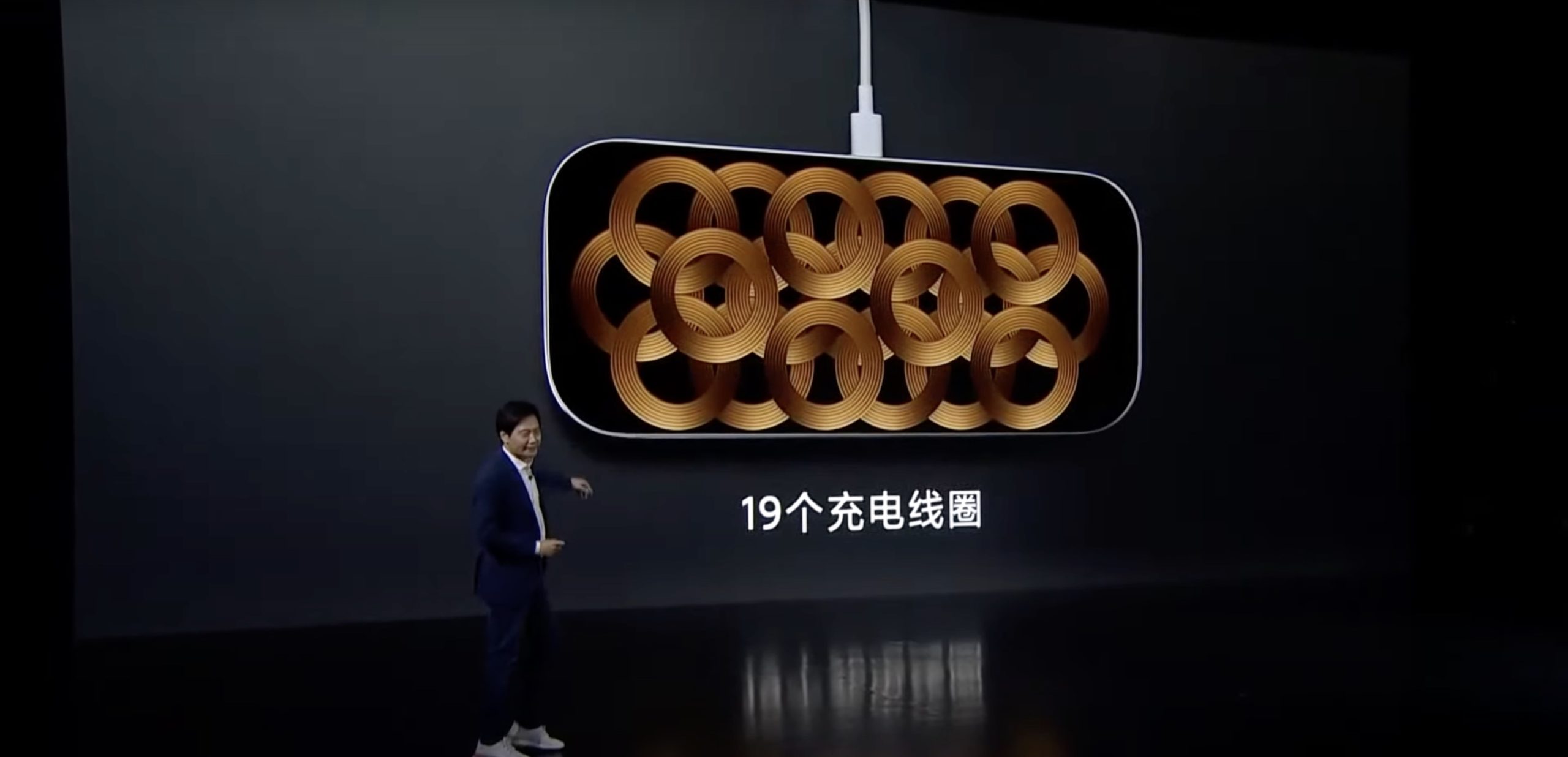
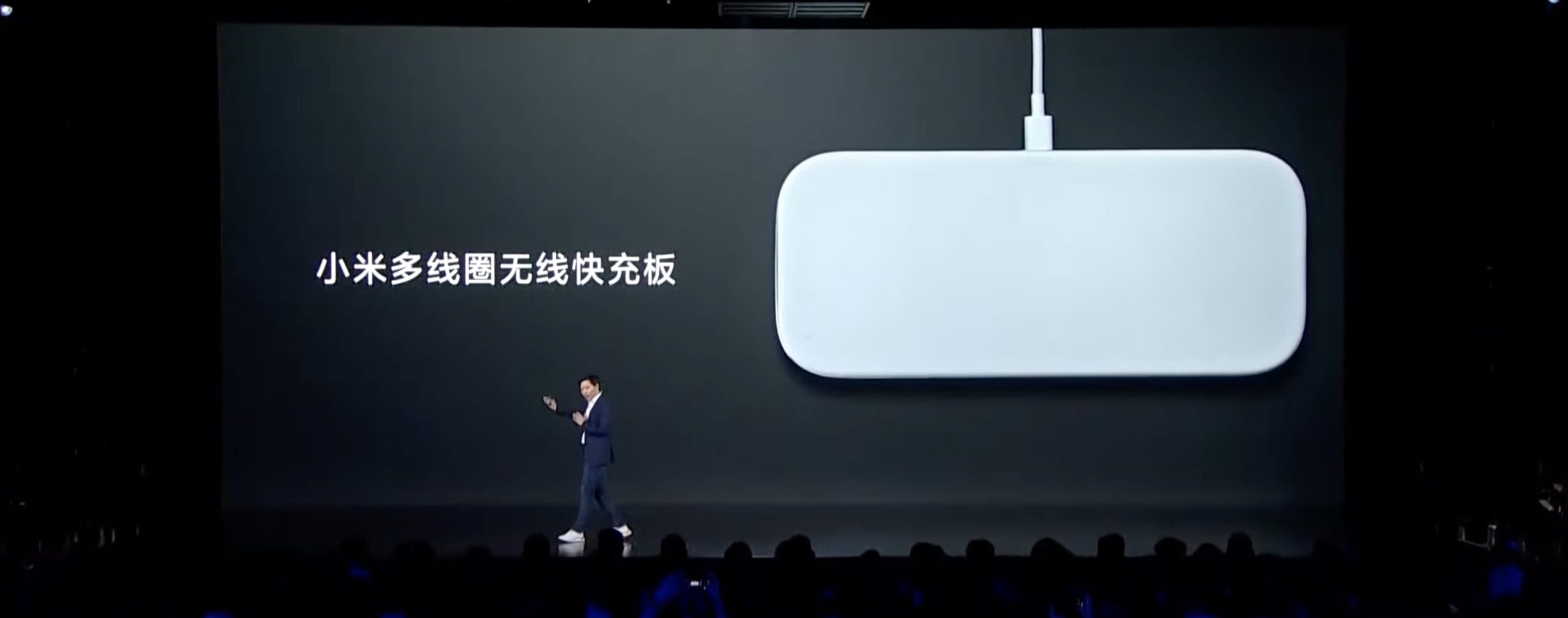
I would only buy something from Xiaomi after a lobotomy.